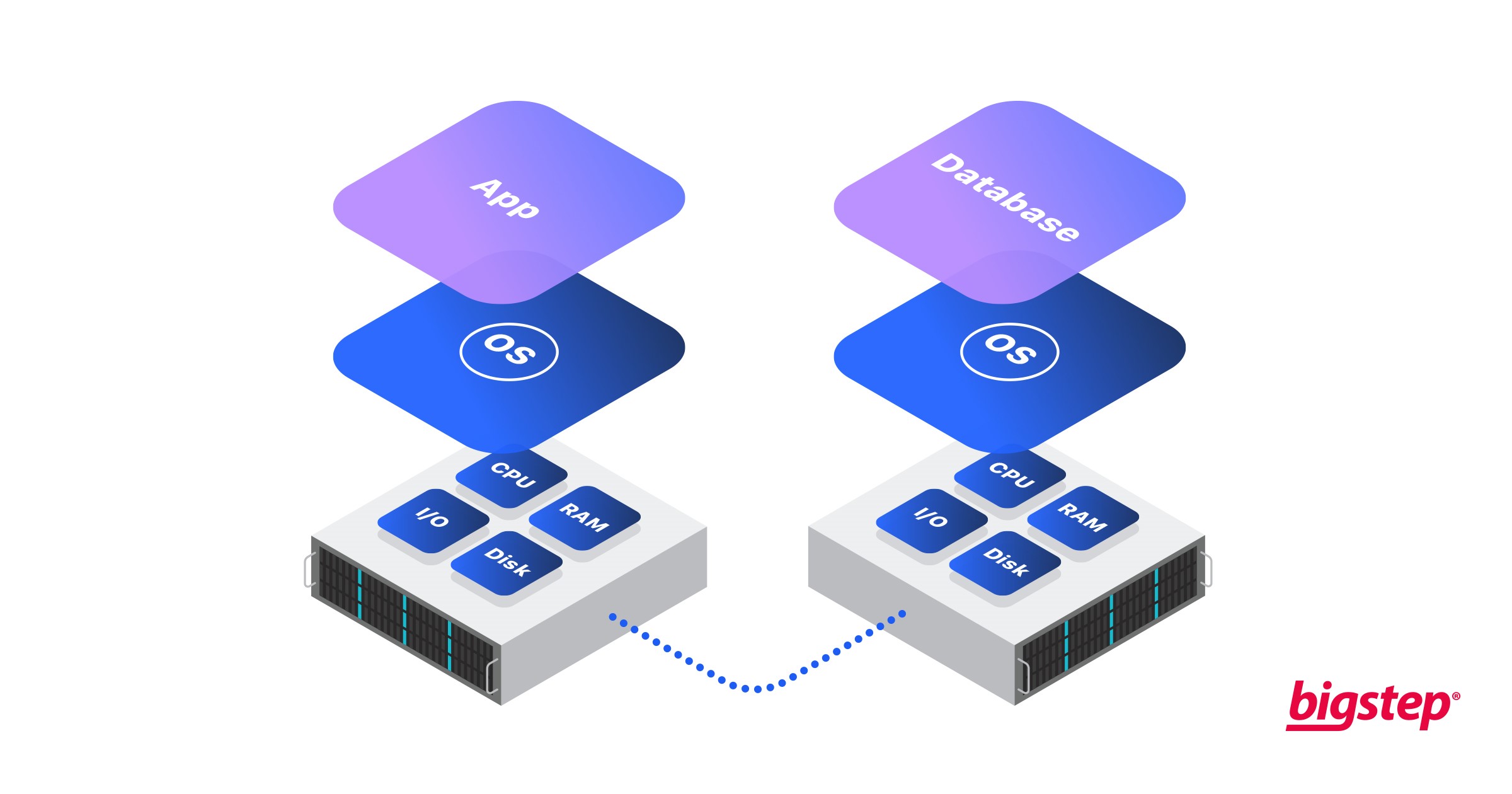- Advertising
- Bare Metal
- Bare Metal Cloud
- Benchmarks
- Big Data Benchmarks
- Big Data Experts Interviews
- Big Data Technologies
- Big Data Use Cases
- Big Data Week
- Cloud
- Data Lake as a Service
- Databases
- Dedicated Servers
- Disaster Recovery
- Features
- Fun
- GoTech World
- Hadoop
- Healthcare
- Industry Standards
- Insurance
- Linux
- News
- NoSQL
- Online Retail
- People of Bigstep
- Performance for Big Data Apps
- Press
- Press Corner
- Security
- Tech Trends
- Tutorial
- What is Big Data
Healthcare Database Management On Bare Metal Dedicated Servers
A strong healthcare data management plan is needed when dealing with people’s sensitive medical data. This plan means everything from the infrastructure, database management, and of course backup.
Digitizing patient health records represents only one aspect; storing data, making use of the most performant databases, backing up, using a high performance server, and ensuring the security of that server are also crucial.
This is where bare metal dedicated servers shine, and can protect your medical institute against breaches and lawsuits.

Effective data management, data governance, quality of data, and data analysis are now of utmost importance for patient treatments, population health at a country level, regulatory compliance, cost management, and quality control, so health informatics is currently focusing more and more on these aspects.
Healthcare information, however, is not only growing exponentially, but it’s becoming increasingly digitized. Health data management is the practice of storing correct data, on reliable secure systems, for the end goal of the patients’ well-being. Correctly managing available healthcare data allows health systems to create an integrated end-to-end view on patients, treatments, communication between practitioners and patients, and ultimately enhance all healthcare outcomes.
And at the core of the healthcare information system is the database management system, or DBMS. When discussing databases you can’t forget about the hosting servers. So let’s get into it.
On-premise VS. Providers
You could host your healthcare database on an on-premise physical server, or you could choose a hosting provider.
Having your own server room might seem like the best option security-wise, since you have all the data in the same place, hidden from external actors, you can choose what, where, and how to install. However, it does require daily maintenance, time, and a team to make sure everything is set up correctly and securely. You also need to buy your own servers, so there’s a huge cost factor as well.
While opting for a cloud provider takes hardware, time, and maintenance off your hands, you still need a proficient and collaborative team to take care of the cluster. Depending on how well they work together, sometimes mistakes can happen. Just read our article on it: “I thought you would secure that S3 bucket.” Additionally, the public cloud is known for its hidden costs that you are not aware beforehand and which can spike up your monthly cost.
And there’s the bare metal dedicated servers providers which offer 2 in 1 features. By choosing this third option, you can benefit from a highly available, resilient, and scalable solution that you can access at any time. You don’t need to take care of the hardware and maintenance as the provider does that for you, you don’t need to worry about security as these types of servers only allow one tenant, and you can still quickly access these records when needed. There’s no risk of external threats and you can safely store important medical records remotely.
Security, Compliance, and Features
We’ve already discussed data breaches in this article, but let’s take a more in-depth look at some aspects of the server infrastructure management. There are a few things you need to consider when choosing your provider, such as: security, compliance, and additional features.
Security:
- Anti-DDoS Protection – your infrastructure needs to be protected against distributed denial-of-service attacks.
- Data Protection – if your data is hosted in the EU, your provider needs to follow GDPR regulations.
- Back-up Management – benefit from disk snapshots, redundancy, and bare metal restore features.
Healthcare Compliance & Certifications:
- Infrastructure & Service Audits – constant and timely security audits.
- ISO Certifications – these provide general trust and the reliability of the services provided, and some are even mandatory for healthcare.
Additional Features:
- High Availability – your medical professionals should work with systems that will never fail – especially in healthcare where acting fast can mean the difference between life and death.
- Scalability – having scalable storage is an asset when dealing with a high volume of structured, unstructured, or semi-structured data.
- Managed Services – you can benefit from proven IT expertise that spans the full technology stack so you can focus on what’s really important.
Why is Database Use Important in Healthcare?
Healthcare databases help improve the communication between patients and their providers, assist with diagnosis and treatment, manage documentation and billing, and help reduce errors in operations.
This helps practitioners to:
- Access relevant information quickly.
- Get key insights into operations at a range of healthcare sites.
- Use reporting and logging to track operational progress for planning ahead.
Healthcare Databases on Bare Metal Dedicated Servers
 If each database is configured on its own server, distinctive from the server that hosts your website, app, or other services, the database will work faster. That’s a given. Combine that with the power of bare metal dedicated servers and your medical database will offer the quickness and relevancy necessary in healthcare.
If each database is configured on its own server, distinctive from the server that hosts your website, app, or other services, the database will work faster. That’s a given. Combine that with the power of bare metal dedicated servers and your medical database will offer the quickness and relevancy necessary in healthcare.
Bigstep Metal Cloud - Highly Customizable
We are aware of the challenges in healthcare with protecting data, rapid data accessibility, and high availability of the systems used so that the tools used or databases do not unexpectedly fail. All institutions need are a few “ingredients”:
- Scalability – for high volume of unstructured data from MRIs, CT scans, X-Ray and PET scans, companies need scalable and low-cost storage solutions.
- Compliance – healthcare-industry regulations (i.e. HIPPA) require certain data encryption and SSLs for data in transit.
- Data resiliency & protection – healthcare data is known to be a target for cyberattacks; the storage systems you use need redundancy, replication, and data back-up.
However, each healthcare institution also has its own processes, regulations, and database usage that they follow. We understand that, and that is why our experience allows our servers to be highly customizable to meet your business’ exact needs, even if it’s a healthcare institution, an insurance company, a health software publisher, or working in pharmaceuticals and biotechnology.
Readers also enjoyed:

"I Thought You Would Secure That S3 Bucket"


Leave a Reply
Your email address will not be published.